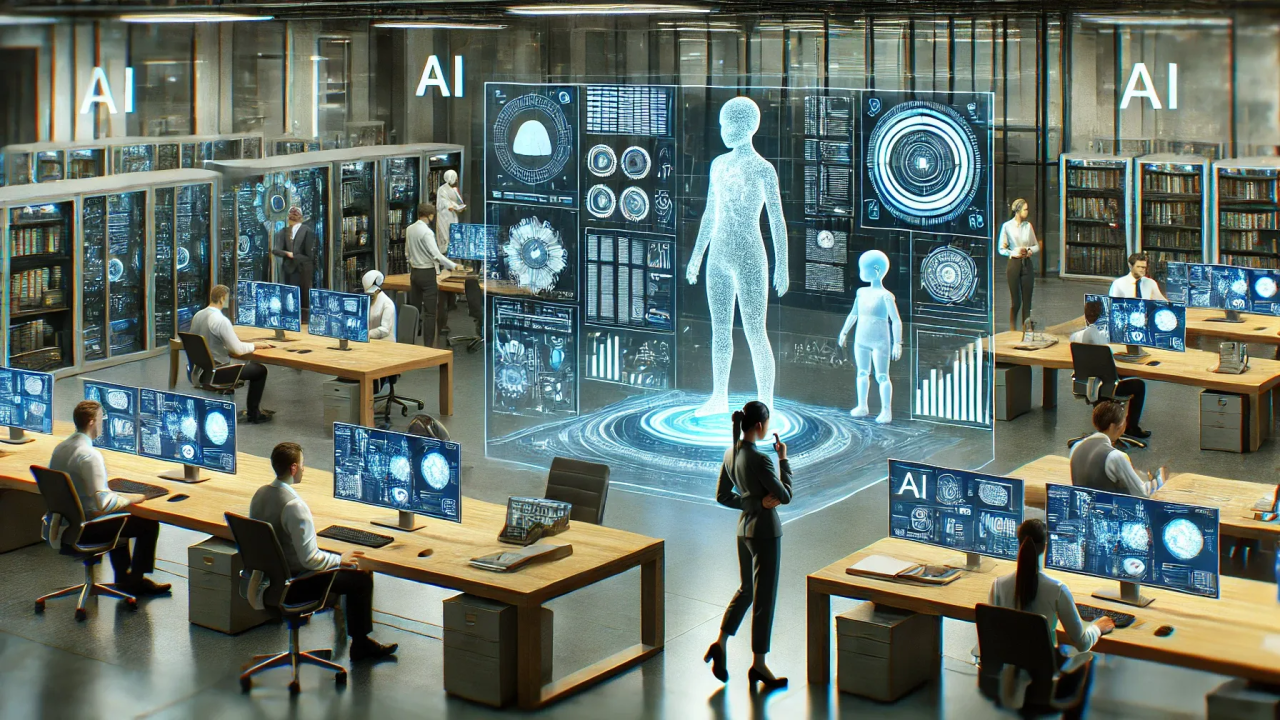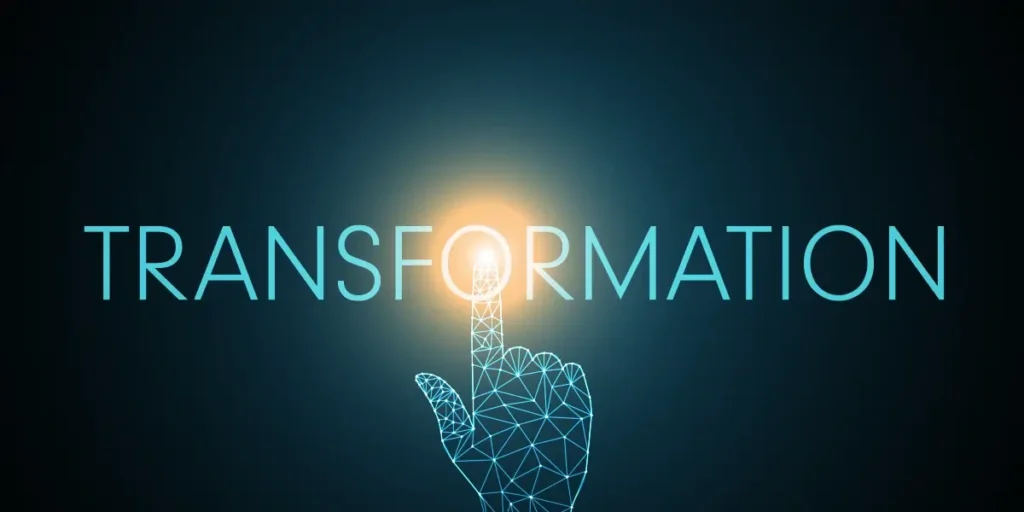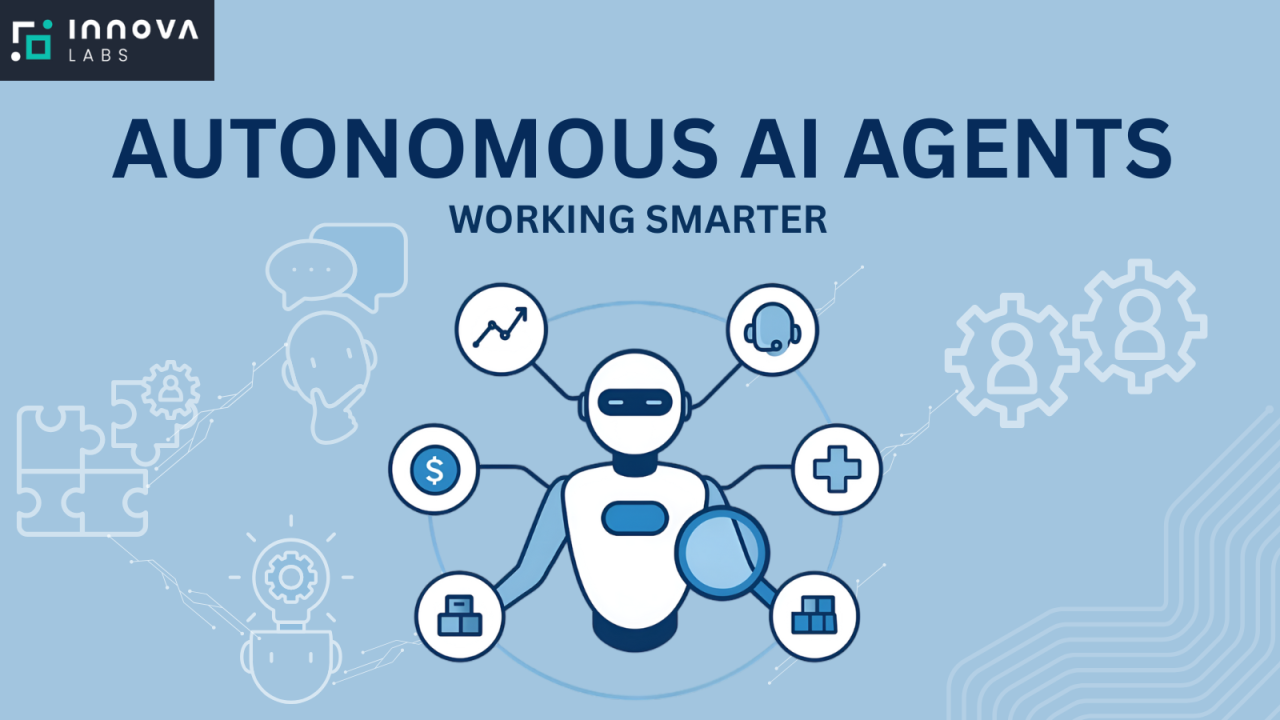Agents Will Change the Shape of Work: The Future of Autonomous AI
Meta Description: Discover how AI agents will change the shape of work by automating tasks, enhancing decision-making, and reshaping industries. Learn the future of autonomous AI and human-AI collaboration.
Keywords: AI agents, future of work, autonomous AI, workplace automation, digital agents, multi-agent systems, AI productivity, intelligent automation, AI-powered work, future of jobs
Introduction: From Tools to Agents
Artificial Intelligence has already transformed the way we live and work—but the rise of AI agents will redefine it altogether. Unlike traditional AI models that provide answers or generate content, agents can act, plan, and make decisions on behalf of humans.
From handling business workflows to autonomously managing customer interactions, AI agents will change the shape of work itself. They’re not just assistants; they are digital colleagues capable of taking responsibility for outcomes.
In this blog, we’ll explore how AI agents will reshape industries, productivity, and jobs, while also highlighting the challenges and opportunities of this new era of autonomous intelligence.
What Are AI Agents?
AI agents are autonomous systems powered by advanced AI models. They can:
-
Perceive their environment (via data, APIs, sensors).
-
Reason by analyzing patterns and goals.
-
Act by making decisions and executing tasks.
-
Learn by improving over time through feedback and adaptation.
In simple terms, an agent is not just answering queries like ChatGPT—it can independently complete tasks such as scheduling meetings, running a marketing campaign, or negotiating prices.
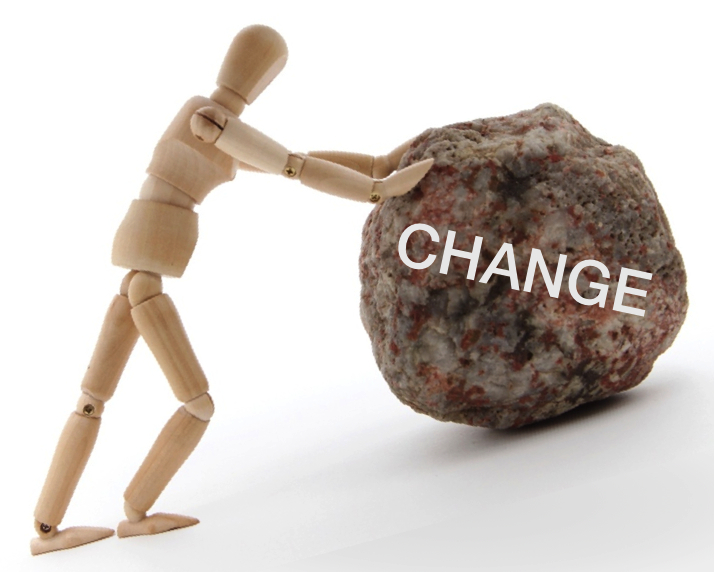
Why AI Agents Will Change the Shape of Work
Several shifts are driving the rise of AI agents in the workplace:
1. Autonomy in Execution
-
Instead of waiting for human instructions, agents can act independently within a given scope.
-
Example: A sales agent can monitor leads, send emails, and book meetings automatically.
2. Scalability of Workforce
-
Companies can scale digital agents infinitely without increasing headcount.
-
This creates a new hybrid workforce of humans + agents.
3. Cross-Functional Collaboration
-
Multi-agent systems allow different agents to collaborate like human teams.
-
Example: A finance agent, marketing agent, and logistics agent working together to launch a product.
4. Speed & Efficiency
-
Agents operate 24/7 without fatigue.
-
They can process huge amounts of data, leading to faster, more accurate decisions.
5. Democratization of Work
-
Small businesses and individuals can deploy agents to compete with larger enterprises.
-
Example: A freelancer using AI agents for research, client management, and invoicing.
How Agents Will Transform Industries
The impact of AI agents will be felt across every sector:
1. Business & Corporate Workflows
-
Agents will manage meetings, draft proposals, analyze data, and even negotiate deals.
-
CEOs may rely on AI executive agents to summarize market trends and suggest strategies.
2. Customer Service
-
AI-powered agents will replace static chatbots with empathetic, problem-solving interactions.
-
They will resolve issues end-to-end, without escalation to humans in many cases.
3. Healthcare
-
Virtual health agents will track patient data, remind them to take medicine, and even detect early warning signs of illness.
-
Doctors will collaborate with diagnostic agents for faster, more accurate treatments.
4. Education
-
AI learning agents will personalize lessons, track student progress, and provide instant tutoring.
-
Teachers will shift from delivering lessons to mentoring and guiding AI-driven learning experiences.
5. Finance & Banking
-
Agents will handle portfolio management, risk assessments, fraud detection, and compliance.
-
Customers will have personal financial advisors powered by AI agents.
6. Logistics & Supply Chain
-
Agents will coordinate inventory, demand forecasts, and shipping routes in real time.
-
This will reduce delays, costs, and waste.
7. Creative Industries
-
Writers, designers, and filmmakers will work with creative AI agents as collaborators.
-
Example: A team of human creators working alongside agents for scriptwriting, editing, and marketing.
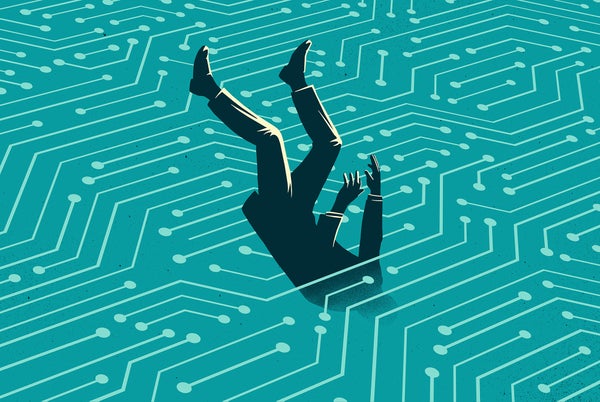
The Future Workplace: Humans + Agents
The workplace of tomorrow will not be humans versus AI, but humans with AI agents. Here’s what it may look like:
-
Digital Teams: A human manager overseeing a team of AI agents specialized in sales, HR, or analytics.
-
Hybrid Decision-Making: Humans provide direction, agents execute and optimize.
-
Reskilled Workforce: Employees focus on critical thinking, creativity, and ethics, while agents handle repetitive execution.
-
Personal AI Agents: Every professional may have a personal digital agent acting as a career coach, scheduler, and knowledge assistant.
Benefits of AI Agents
-
Increased Productivity – More tasks completed in less time.
-
Cost Efficiency – Reduces operational costs by automating processes.
-
24/7 Availability – Continuous workflow without downtime.
-
Data-Driven Insights – Better decision-making from real-time analytics.
-
Collaboration – Smooth integration between human teams and digital agents.
Challenges & Risks
While agents promise transformation, challenges remain:
-
Trust & Reliability – Can we trust agents to make critical decisions?
-
Bias & Ethics – Agents can inherit biases from training data.
-
Job Displacement – Certain routine jobs may be automated away.
-
Security Threats – Rogue or hacked agents could cause damage.
-
Governance – Who is accountable when agents make mistakes?
FAQ Section
1. What are AI agents?
AI agents are autonomous systems that can perceive, reason, and act independently, performing tasks without constant human supervision.
2. How will AI agents change the workplace?
They will automate routine tasks, collaborate with humans, and create hybrid workforces that boost productivity and efficiency.
3. Which industries will benefit most from AI agents?
Healthcare, education, finance, logistics, and customer service will see the greatest transformation from agent-driven workflows.
4. Will AI agents replace human workers?
They will replace repetitive jobs but also create new opportunities for humans in creative, strategic, and ethical roles.
5. Are AI agents safe to use?
When developed responsibly with ethical frameworks, transparency, and oversight, AI agents can be safe and trustworthy.
Conclusion: The New Era of Work
The rise of AI agents marks the next great transformation in the future of work. By taking on repetitive and complex tasks, they will free humans to focus on creativity, innovation, and leadership.
Far from eliminating human workers, AI agents will augment human potential, creating a collaborative ecosystem where digital and human colleagues work side by side.
The companies and professionals who embrace agents early will gain a competitive advantage, while societies must ensure fairness, security, and inclusivity in this shift.
Final Thoughts
AI agents will not simply change how we work—they will change what work means. In the coming decade, we’ll see the workplace evolve into a symbiotic relationship between humans and digital agents, driving innovation, productivity, and new possibilities.
The question is no longer if agents will transform work, but how prepared we are to shape this transformation responsibly.
AI Models Will Become More Capable and Useful: The Future of Artificial Intelligence
Powell Fires Up Markets, But Some Investors See Reason for Caution

